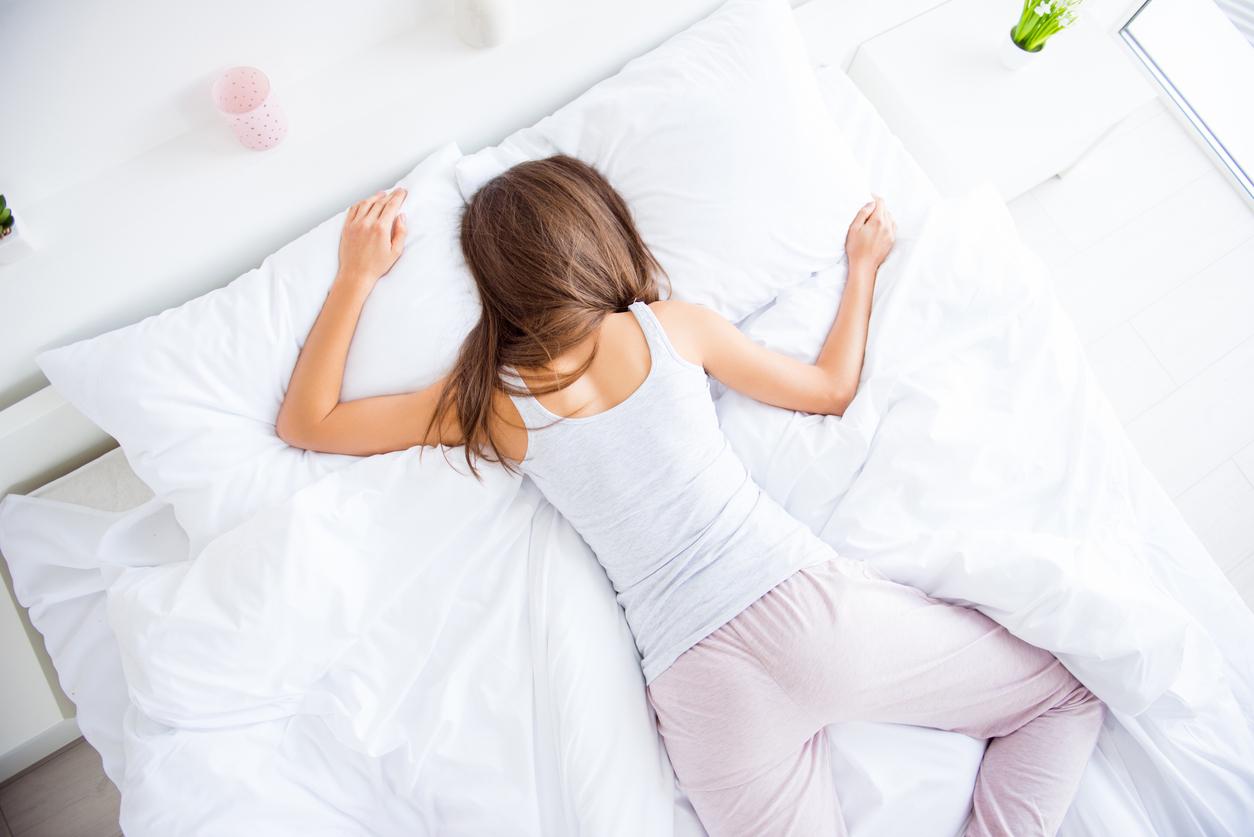
According to a recent Japanese study, bacteria in the intestines have an impact on neurotransmitters, including dopamine and serotonin, which are responsible for sleep.
A study on the connection between the intestines and the brain
According to a study carried out in Japan by researchers at the University of Tsukuba, bacteria present in the intestine would have an impact on behavior as well as sleep. This study, led by Professor Masashi Yanagisawa, was performed on mice. They were divided into 2 groups, one given several antibiotics for four weeks to significantly reduce their gut microorganisms while the other followed a normal diet without antibiotics. The researchers found ” over 200 differences in metabolites between groups of mice. About 60 normal metabolites were missing in microbiota-depleted mice, and the rest differed in quantity, some more and others less than in control mice. “. The result of this study shows that the antibiotic treatment strongly disrupted the production of neurotransmitters, these molecules that allow communication between brain cells.
The content of the intestine influences the quality of sleep
The researchers also indicated that the mice on antibiotics lacked vitamin B6, a vitamin that helps boost neurotransmitter production. This therefore impacted the neurotransmitters dopamine and serotonin, two molecules that respectively allow you to wake up in the morning with enthusiasm and to calm down in the evening in order to prepare for the night.
The mice depleted in microbiota had a disturbed sleep: the antibiotics would deregulate the sleep hormones, then causing phases of awakening and falling asleep. This is believed to be caused by the antibiotics which suppressed serotonin from the intestine. The body is therefore still active, preventing the mice from sleeping deeply: ” We have found that the microbial decrease eliminates serotonin in the gut, and we know that the levels of serotonin in the brain can affect the sleep / wake cycles. So, changing a few microbes in the gut by changing the diet has the potential to help those who have trouble sleeping. »Explains Professor Yanagisawa. Therefore, the quality of sleep depends on bacteria which help make neurotransmitters.
















